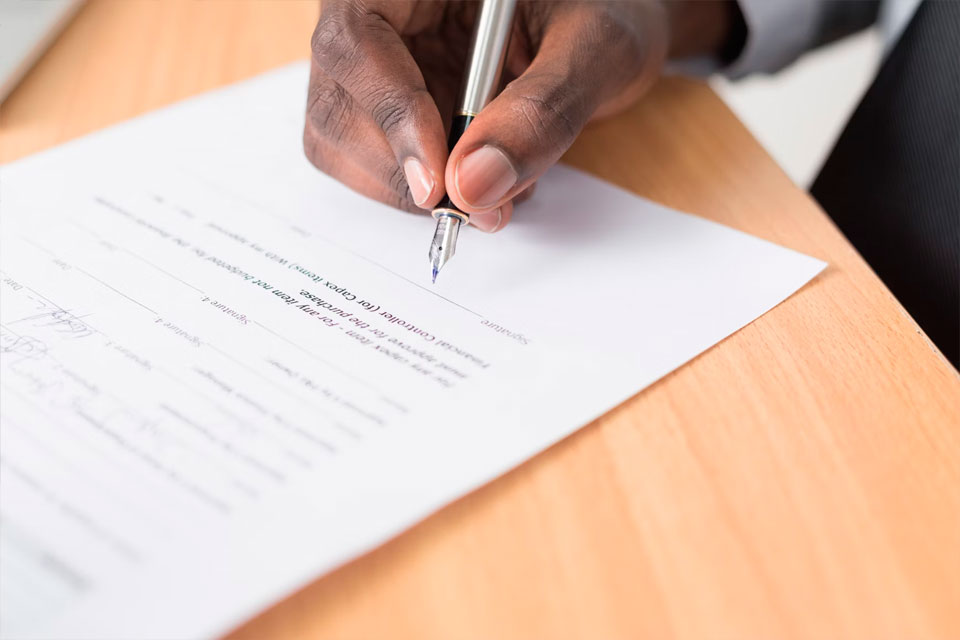Introduction
Every student dreams of finding the perfect formula for studying smarter, not harder. With classes, assignments, exams, and sometimes part-time jobs, it’s easy to feel overwhelmed. The good news is that effective studying is not about spending endless hours with your books open — it’s about using the right strategies. These study hacks are scientifically proven, practical, and easy to apply. By integrating them into your daily routine, you can boost productivity, improve memory, and reduce stress.

1. Use the Pomodoro Technique
Time management is one of the biggest challenges for students. The Pomodoro Technique is a simple but powerful method: you study for 25 minutes, then take a 5-minute break. After four rounds, you rest for 15–20 minutes. This keeps your brain fresh and prevents burnout.

Pro tip: During your 5-minute breaks, stand up, stretch, or drink water. Don’t check social media — it will distract you longer than you expect.
2. Practice Active Recall
Most students read their notes again and again, but that doesn’t always help memory. A much stronger technique is active recall — testing yourself instead of passively reading. Close your book and try to explain what you’ve just studied without looking. Ask yourself questions or use flashcards.

3. Create Mind Maps
A mind map is a visual way to organize information. Instead of writing linear notes, draw a central idea in the middle of a page and branch out with keywords, colors, and arrows. This helps you see connections between concepts and makes studying more interactive.

4. Study in Short Bursts, Not Marathons
Cramming for 6–8 hours in one sitting may feel productive, but your brain can only absorb so much. Short, focused sessions of 30–45 minutes are far more effective. Combine this with regular breaks to maximize retention.

5. Teach Someone Else
One of the best ways to confirm you’ve mastered a subject is to teach it to someone else. Explaining concepts forces you to structure your thoughts and reveals any weak spots. If you don’t have a study partner, pretend you’re teaching a class — even talking out loud to yourself helps!

6. Use Digital Flashcards (Anki, Quizlet)
Apps like Anki or Quizlet use spaced repetition, a method proven to improve long-term memory. Instead of memorizing everything at once, the app shows you difficult cards more often and easier ones less often. This saves time and makes memorization more effective.

7. Organize Your Study Space
A messy desk leads to a messy mind. Keep your workspace clean and free from distractions. Ideally, your study area should have good lighting, minimal noise, and only the essentials — laptop, notebooks, and water.

Tip: Avoid studying in bed. Your brain associates bed with sleep, so concentration drops quickly.
8. Mix Subjects (Interleaving Learning)
Instead of studying one subject for hours, try interleaving — alternating between subjects. For example, study math for 30 minutes, then switch to history, then language learning. Research shows that this method improves problem-solving skills and helps knowledge stick longer.

9. Prioritize Sleep and Breaks
Pulling all-nighters is tempting, but lack of sleep destroys memory and focus. During deep sleep, your brain consolidates what you studied. Aim for at least 7–8 hours. Combine this with short breaks during the day to keep your mind sharp.

10. Track Your Progress
Keep a journal or planner to track what you study each day. Seeing your progress on paper motivates you and reduces anxiety. Write down goals for the week and check them off as you complete them.

Conclusion
Studying smarter doesn’t require magic — just better habits. By applying these 10 study hacks, you’ll save time, remember more, and feel more confident before exams. Start with one or two strategies and gradually add more into your routine. Whether it’s the Pomodoro Technique, active recall, or digital flashcards, each hack has the power to transform your academic life.

Remember: the best study hack is the one that works consistently for you. Try them out, experiment, and create your personal formula for success.
